After storm disruptions, long-distance rail traffic is getting back on track
The German Weather Service (DWD) had warned on Monday evening of locally strong thunderstorms, partly severe gale force winds and widespread storms and gusts of wind. Now it’s time to clean up.
After the storm, Deutsche Bahn’s long-distance services are running mostly normally again on Tuesday morning after major disruptions.
Some train passengers experienced delays of four hours – spending their evenings hoping that the stopped trains would continue at all. Individual routes were closed and there were diversions with delays.
This morning there are only major delays between Nuremberg and Erfurt, a railway spokesman said early on Tuesday. Delays of about 75 minutes are to be expected there. “Otherwise, most of the weather-related disruptions were remedied during the night…” the spokesman told DPA.
The storm also damaged roofs and cars as well as power and telephone lines. Several people were injured by fallen trees. There were several weather-related accidents.
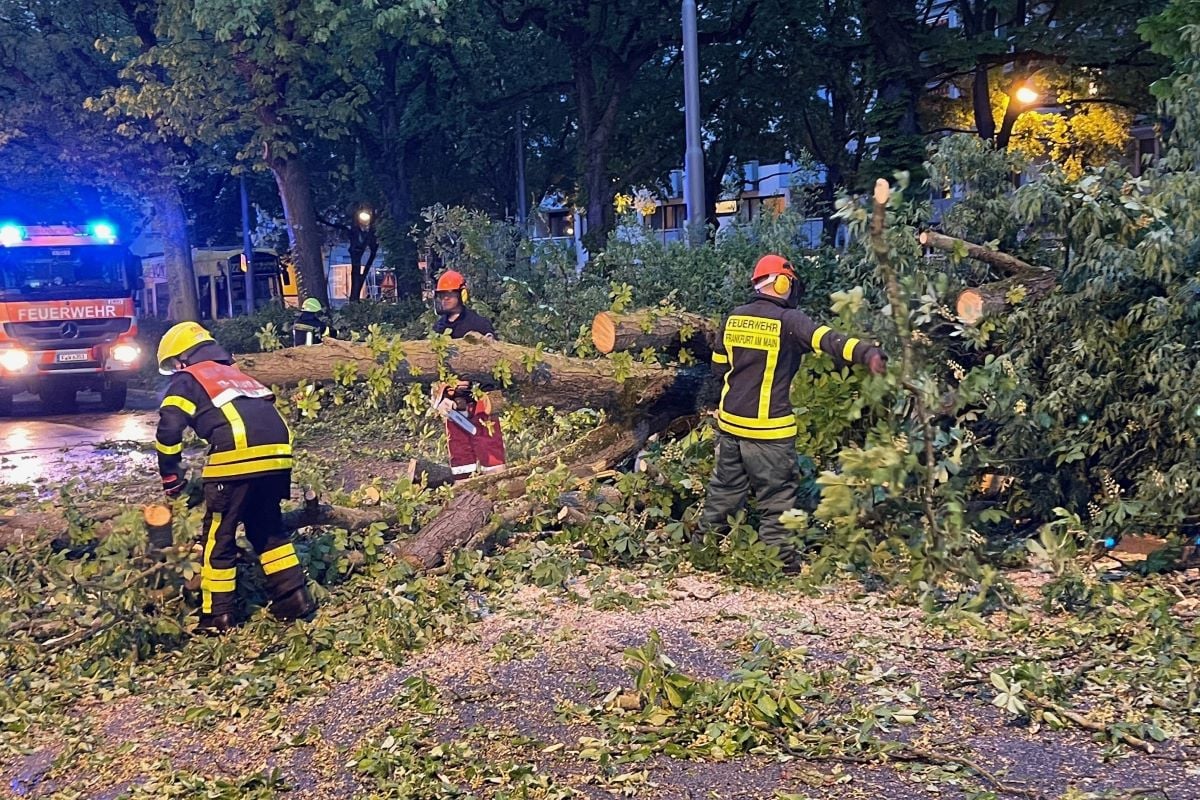
German government agrees more flexible climate protection law and solar package
The Social Democrats, Greens and Free Democrats have agreed on the long-controversial reform of the Climate Protection Act and a package to promote the solar industry.
The reform stipulates that compliance with climate targets will no longer be monitored retrospectively by sector, but will be forward-looking, multi-annual and cross-sectoral.
Up to now, if individual sectors such as transport or construction failed to meet statutory CO2 emission targets, the responsible ministries had to submit immediate action programmes in the following year.
It means that weekend driving bans, which Transport Minister Volker Wissing, of the FDP, had threatened as a way of meeting the more strict climate targets, are off the table.
READ ALSO: German minister threatens to introduce weekend ‘driving ban’
The reform of the Climate Protection Act was linked to a package of measures designed to accelerate the expansion of solar energy in Germany.
The solar package includes plans for the removal of bureaucratic hurdles. For example, the operation of balcony power plants and the use of self-generated photovoltaic electricity in apartment blocks should become easier.
Tesla reportedly planning to cut thousands of jobs – including at Brandenburg site
US car manufacturer Tesla is planning extensive job cuts, according to media reports citing internal communication from CEO Elon Musk.
According to reports in the tech publication Electrek and Handelsblatt as well as other outlets,14,000 roles worldwide would be affected by the job cuts.
The Tesla Gigafactory at Grünheide near Berlin could also be affected. Around 3,000 of the 12,500 employees there could face losing their jobs, reported Handelsblatt.
The electric car manufacturer has not yet confirmed the reports.
READ ALSO: Why is Tesla’s expansion near Berlin so controversial?
German airline Lufthansa blames strikes for losses
German airline giant Lufthansa has reported a hefty first-quarter loss and downgraded its 2024 outlook due to recent strikes, while warning of risks from conflict in the Middle East.
Adjusted operating losses came in at €849 million, according to preliminary results.
While the start of the year is typically a quieter period for travel in Europe, the results were still far worse than a loss of €273 million in the same period last year.
“The loss was higher than expected due to various strikes,” said Lufthansa, one of Europe’s biggest airline groups, adding that the walkouts had slashed earnings by hundreds of millions of euros.
The German aviation sector faced walkouts in recent months as workers pushed for higher pay to combat inflation, while unions also argued that workers had been facing difficult conditions following the pandemic.
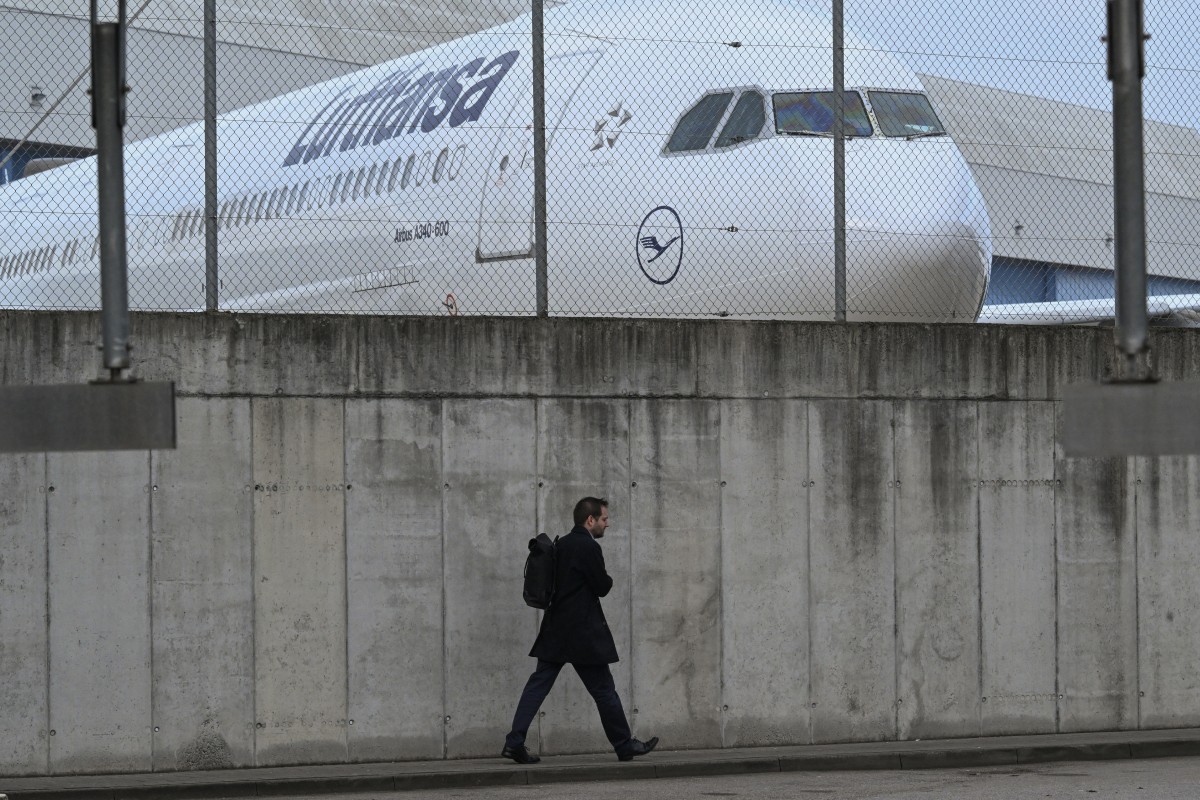
But the group has in recent weeks struck deals with major staff unions, averting the immediate threat of more industrial action.
Lufthansa also warned that the “recent escalation of the Middle East conflict and further geopolitical uncertainties pose risks to the group’s full year financial outlook”.
Lufthansa has since April 6th suspended flights to and from Tehran due to soaring regional tensions. At the weekend, it suspended flights to and from several more destinations in the Middle East following Iran’s drone and missile attack on Israel.
Chancellor Scholz seeks Chinese role in peace for Ukraine
German Chancellor Olaf Scholz said Tuesday he hoped Berlin and Beijing could help achieve a “just peace” in Ukraine, as he met President Xi Jinping in the Chinese capital.
The chancellor arrived in China on Sunday, accompanied by a large delegation of ministers and business executives on his second visit to the country since taking office.
His whistlestop tour has taken him to the southwestern megacity of Chongqing, economic powerhouse Shanghai and now Beijing, but he faces a tough balancing act as he aims to shore up economic ties with Berlin’s biggest trading partner.
Meeting with Xi at Beijing’s Diaoyutai State guesthouse on Tuesday, Scholz told the Chinese leader he hoped to discuss “how we can contribute more to a just peace in Ukraine”.
While China says it is a neutral party in the Ukraine conflict, it has been criticised for refusing to condemn Moscow for its offensive. And China and Russia have in recent years ramped up economic cooperation and diplomatic contacts, their strategic partnership only growing closer since the invasion of Ukraine.
READ ALSO: Germany to send additional Patriot system to Ukraine
With reporting by AFP and DPA

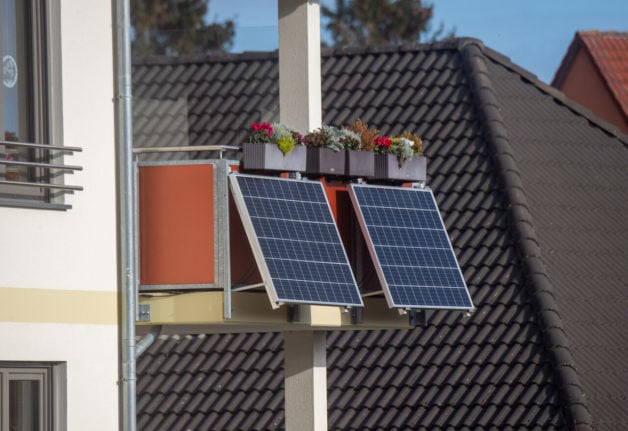
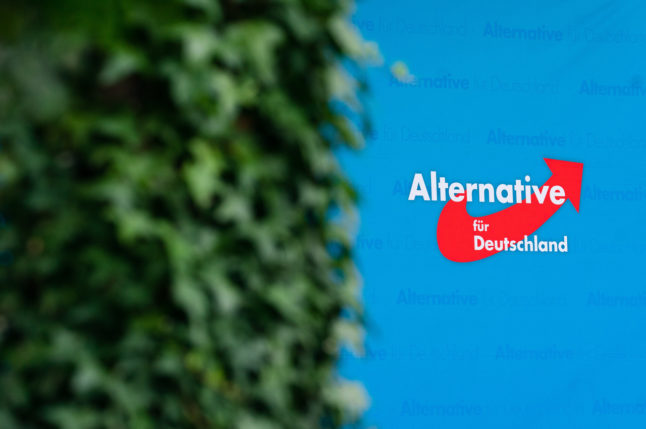
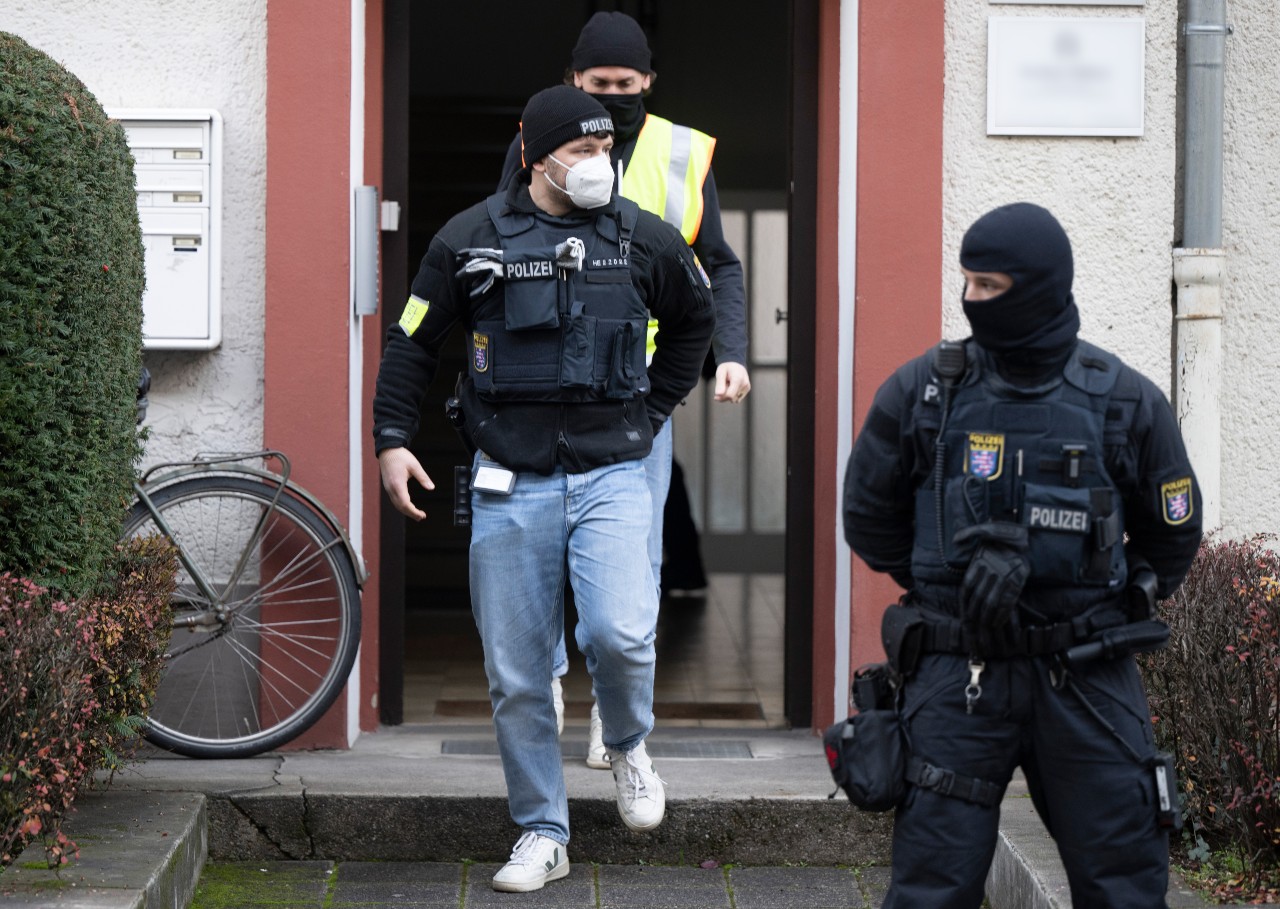
 Please whitelist us to continue reading.
Please whitelist us to continue reading.
Member comments